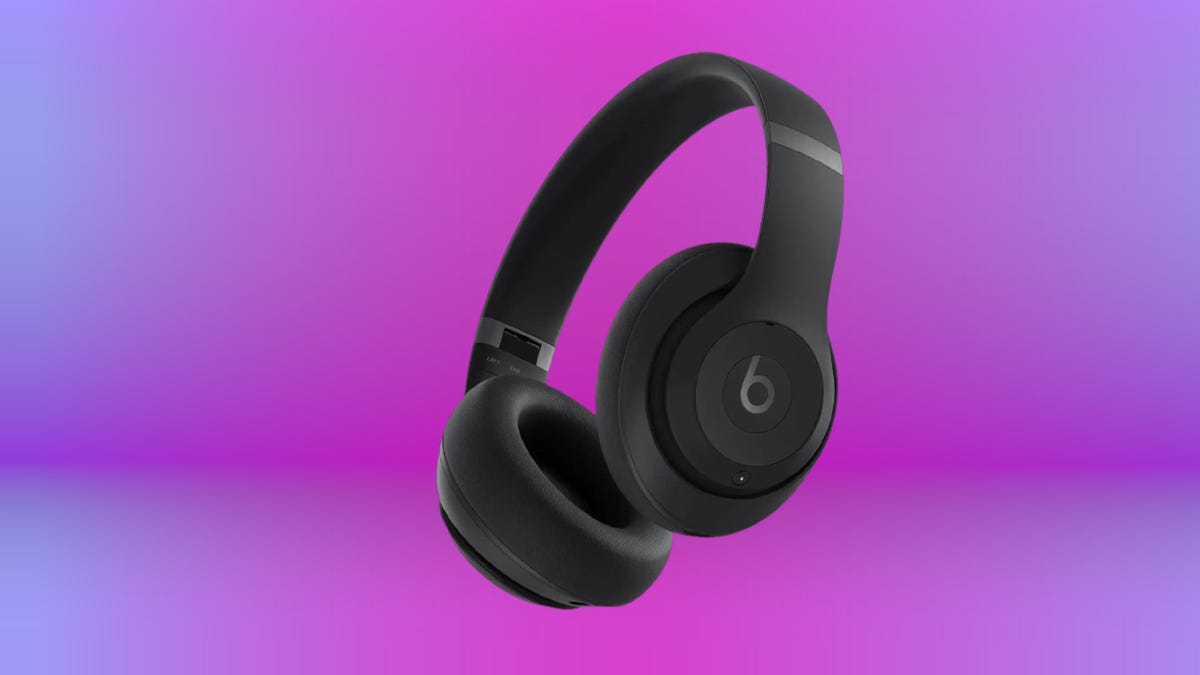Benzinga and Yahoo Finance LLC may earn commission or revenue on some items through the links below.
Cody Luongo, a media consultant in Charleston, South Carolina, recently became a full-time freelancer after losing his job. In this new phase of his professional life, Luongo told Business Insider that AI has become his “constant companion,” helping him do everything from drafting press releases to refining client pitches.
“AI accelerates my work enough that I can do exponentially more for my clients with their allotted budgets,” he said.
Luongo is far from the only freelancer using AI technology to leverage their skills and services. While integrating AI can be a smart and lucrative choice on an individual level, its impacts on the wider gig economy are decidedly more mixed.
Don’t Miss:
A 2023 study by Washington University found that AI tools actually caused a decline in the amount of freelance work available and how much companies were willing to pay for that work. The study found that after ChatGPT’s release in 2022 the number of writing-related freelance jobs declined by 2% and monthly earnings declined by 5.2.%. For image-related workers, the drops were even sharper– AI tools led to a 3.7% decline in jobs and a 9.4% decrease in monthly earnings.
“AI definitely lowers the barrier to entry, so it makes many activities accessible for more people,” Washington University assistant marketing professor Xiang Hui, who worked on the study, told BI. While that may sound like a positive thing, especially for those looking to break into the gig economy, Hui’s research shows it’s actually not.
Even the most experienced freelancers aren’t safe from AI’s influence, Hui says.
“The drop in earnings, if anything, is actually larger for high-quality freelancers in comparison with low-quality freelancers,” he told BI. “High quality doesn’t really protect freelancers.”
Trending: The ‘ChatGPT of Marketing’ Just Opened a $0.81/Share Round — 10,000+ Investors Are Already In
Hui attributes this to the fact that less experienced freelancers are able to punch up with AI. These new freelancers use the technology to refine their output until it’s “good enough,” and then push out passable work at a lower price point. While there’s still a clear difference between this “good enough” work and truly excellent work, the difference is negligible, and more experienced gig workers lose their competitive edge.
There are also worries that AI is stifling genuine creativity, something freelancers are often relied on to provide in a world of homogenized output.
“AI can raise the baseline of creativity, but fewer people are having breakthroughs. You need breakthroughs for innovation,” Shane Schweitzer, assistant professor of management and organizational development at Northeastern University’s D’Amore-McKim School of Business, told BI.
See Also: Microsoft’s Climate Innovation Fund Just Backed This Farmland Manager — And Accredited Investors Can Join the Same Fund
Erin Hatton, a sociology professor at the State University of New York at Buffalo, agrees. “[AI is] being adopted so broadly that it’s, at least eventually, going to prevent people from getting and using key skills,” she told BI.
Overall, experts who spoke to BI agree that AI is beneficial in that it’s lifted the baseline standard of gig work, increasing overall quality. However, they also note that AI has made it much less likely for gig workers to produce something of truly outstanding quality.
In short, AI is raising the floor and lowering the ceiling. “[AI is] not leveling the playing field necessarily,” Schweitzer says. “It’s just creating slightly more competence.”
Read Next: GM-Backed EnergyX Is Solving the Lithium Supply Crisis — Invest Before They Scale Global Production
Image: Shutterstock
This article ‘AI Definitely Lowers The Barrier For Entry,’ Gig Economy Workers Wrestle With How To Proceed As The Technology Infiltrates Their Industries originally appeared on Benzinga.com






